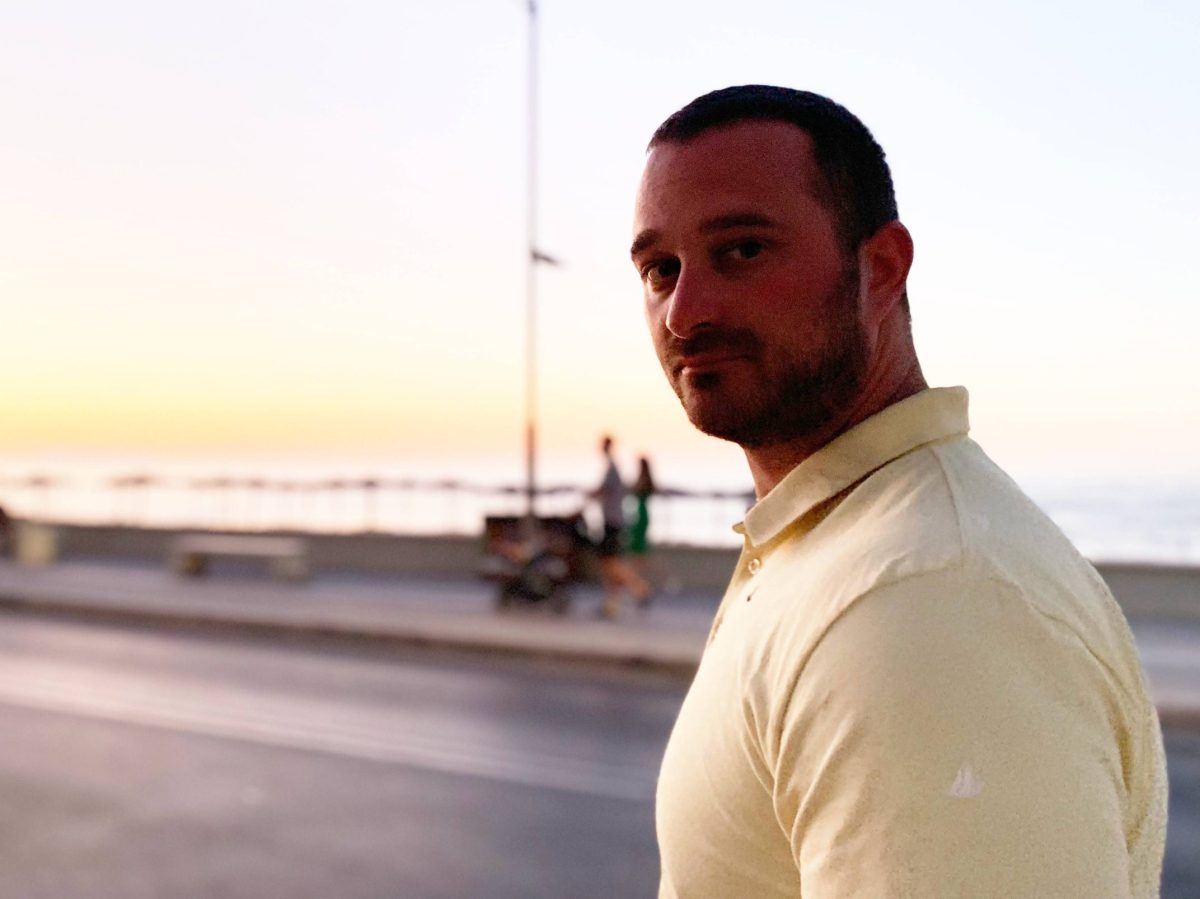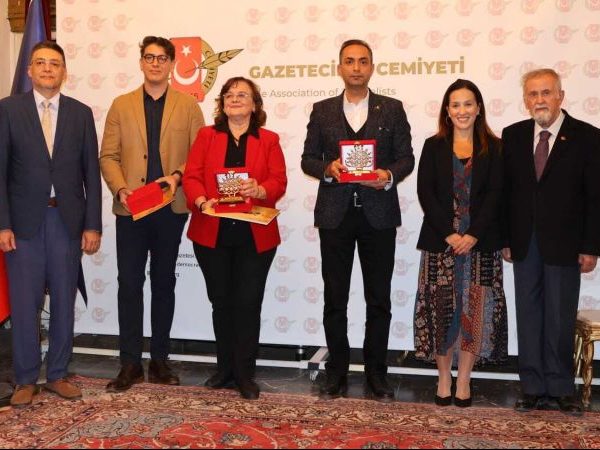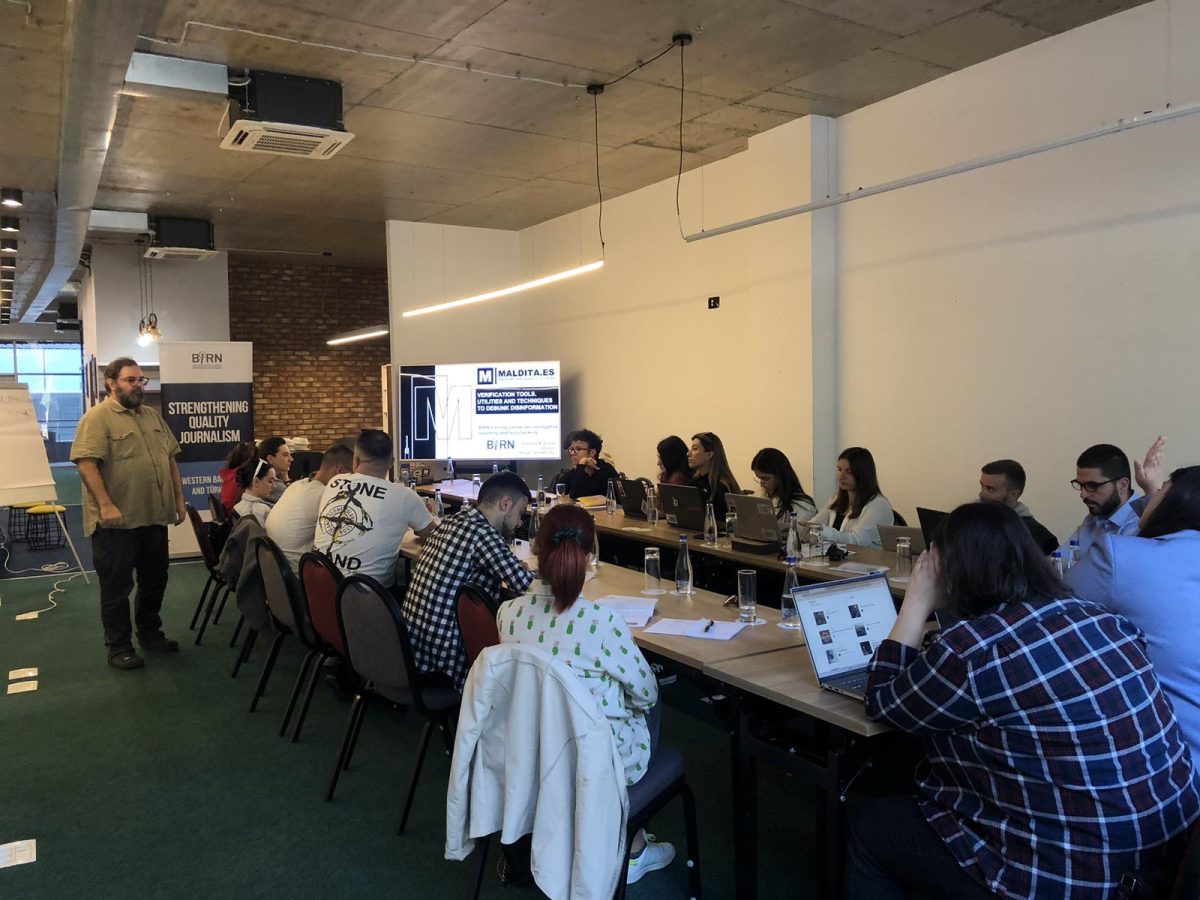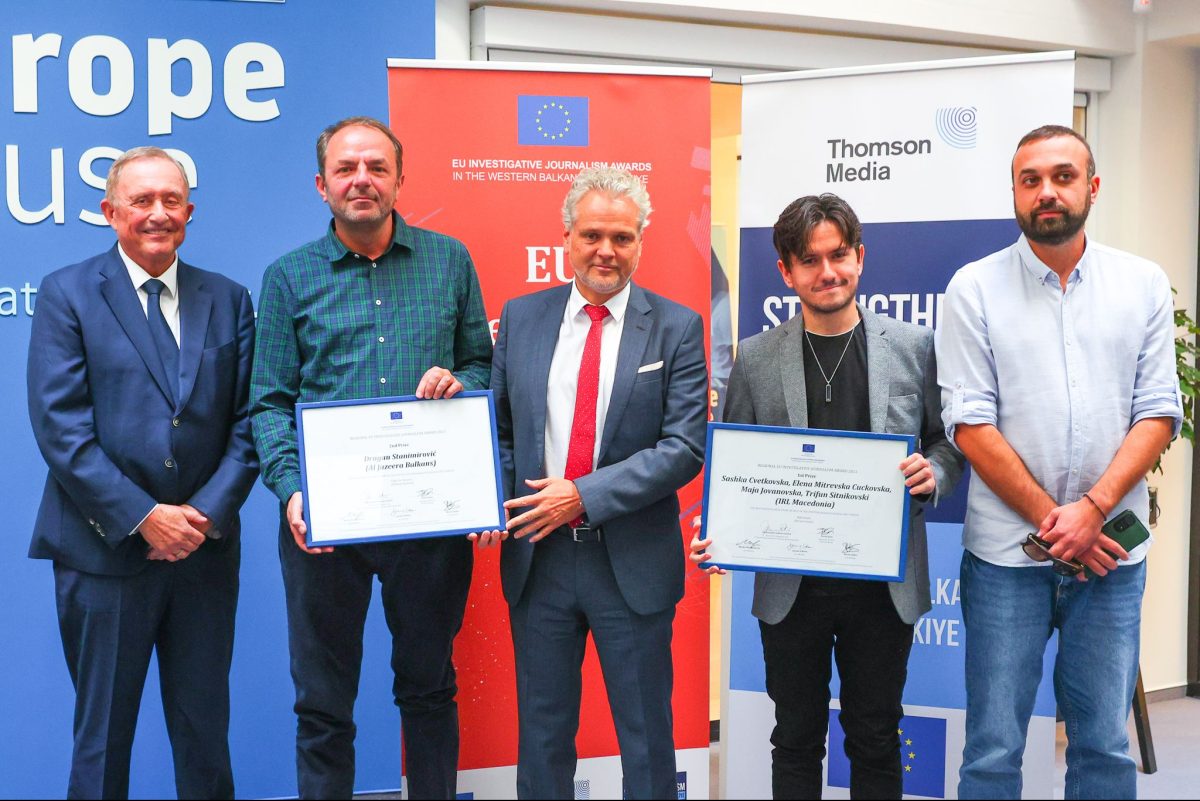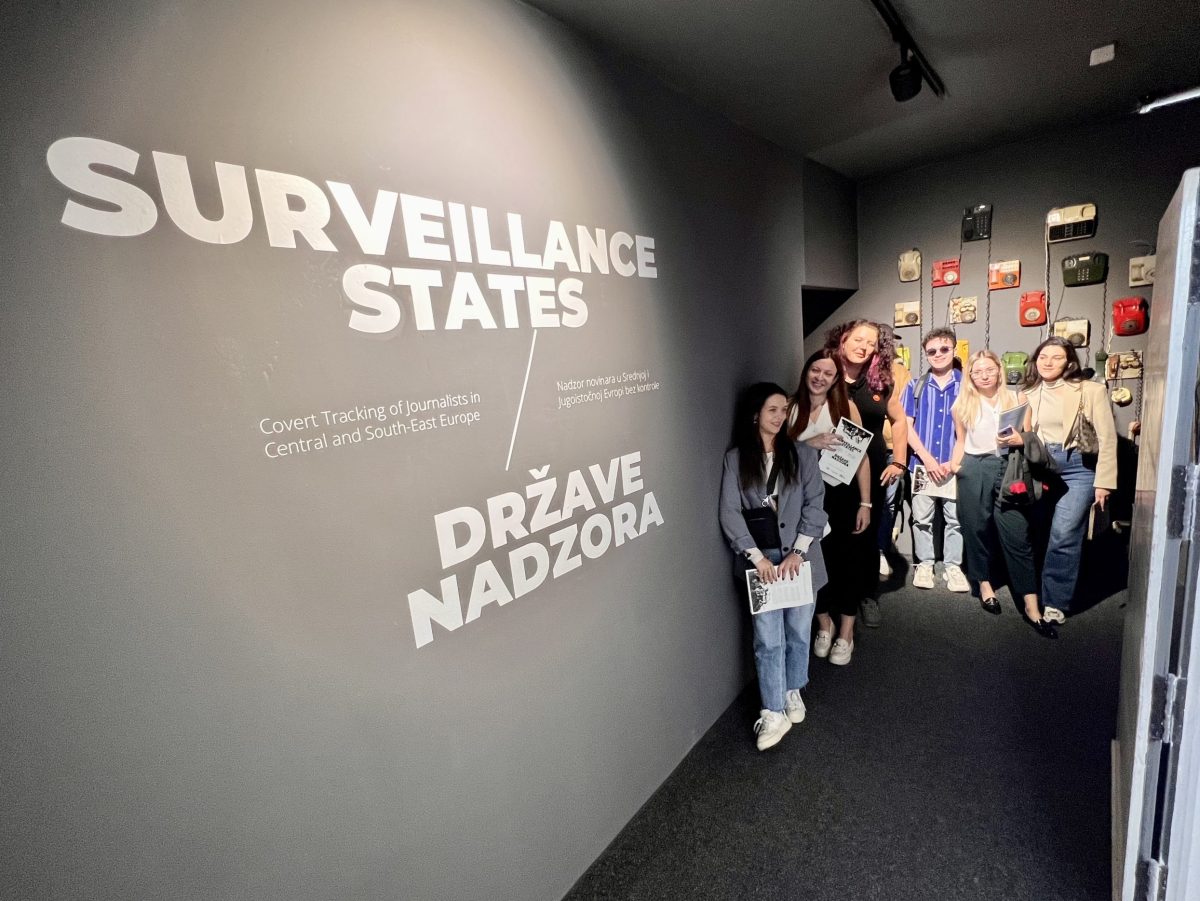This was just one of the findings to emerge from the Internet Governance Forum (IGF), which was held in Sarajevo recently after a five-year hiatus. During the event, numerous conclusions were reached regarding internet management and human rights, cyber security, and ways to combat genocide denial, the glorification of war crimes, and hatred on the internet. These conclusions will be presented at a global forum in Japan.
The IGF provided an international platform for discussions and collaboration on issues related to the development of information society, bringing together representatives of various governmental, non-governmental and international organizations and institutions in Sarajevo to brainstorm practical ideas for advancing cyber security in BiH.
Julian Reilly, the British ambassador to BiH, underscored the significance of the forum, which was supported by the British Embassy, emphasizing its focus on crucial societal challenges facing the country. He placed particular emphasis on the issue of cyber security, which affects not only the authorities but also businesses and the general public.
“One proof of this is the 15 million attempted cyberattacks that took place in Bosnia and Herzegovina in the last few months. The forum will identify potential solutions and opportunities to address these attacks,” stated Reilly. He also noted the special attention given to other critical topics at the IGF, including abuse, gender-based violence, historical revisionism, and genocide denial, all of which persist in the online sphere.
The resident coordinator of the United Nations in BiH, Ingrid Macdonald, expressed her organization’s satisfaction at being able to contribute to the forum and called on people around the world to unite to improve the internet.
“Our lives have been completely changed by the internet and what it represents in our lives. It’s very important that we recognize the opportunities and the risks, because despite it affecting our lives every day, cyberspace remains largely unregulated and that is problematic,” said Macdonald.
She pointed out that while the internet serves as a platform for public discussion and increased access to information, it is frequently misused to spread misinformation, discrimination, hate speech, revisionism, and various forms of violence. These narratives, she observed, are particularly pervasive in BiH, where hate speech encompasses the denial of war crimes and the Srebrenica genocide, necessitating a broader dialogue to on issues that divide people in the country and hinder reconciliation.
In a video message, Melissa Fleming, UN Under-Secretary for Global Communications, expressed concern about the alarming trends, especially in light of the rise of artificial intelligence, which is developing more rapidly than any previous technological innovation.
“This is just one of the reasons that the UN is now addressing the information crisis as a global priority, dramatically scaling up its response,” Fleming noted, adding that her team is developing a code of conduct for information integrity on digital platforms, with the goal of creating a global “gold standard.”
Denis Džidić, director of the Balkan Research Network of Bosnia and Herzegovina (BIRN BiH), emphasized the importance of events like these is important because they expose the alarming trends that BiH has been facing over the past two years, especially those pertaining to cyber threats and the digital rights of citizens.
“The idea of this approach is to involve the entire community in resolving the issue of cyber threats, and violations of digital rights online, in order to come up with better solutions and exert pressures on government institutions to effectively tackle these issues,” explained Džidić.
In the course of several panel discussions on these topics, attendees had the opportunity to hear from domestic and foreign experts in information and telecommunication systems, representatives of the judiciary, journalists, and human rights activists, as well as representatives of the academic community and advocates for the protection of freedom of thought and expression.
During the plenary session, participants held an important discussion about the lack of a systemic approach to internet governance and human rights issues in BiH, a global challenge which is shared by other countries worldwide.
Arben Murtezić, director of the Center for the Education of Judges and Prosecutors of the Federation of BiH, argued that this country is likely the least equipped in the region to combat cyber-attacks, pointing to the absence of a number of strategic and legal documents necessary for this struggle. Speaking about practical attacks, such as the one on the Parliamentary Assembly, he noted that even larger and better prepared states struggle to find solutions. Murtezić suggested that embracing knowledge and experience from the private sector could provide viable solutions to these complex challenges.
“In today’s world, if you don’t have a CERT [Computer Incident Response Team], it’s like not having a State Department. That’s such an important point,” Murtezić added.
The importance of having such a body in BiH was also emphasized by Jurica Banić from the Cyber Security Excellence Center (CSEC), who believes that the complexity of state administration effectively hinders the establishment of such a team in the country.
“We have so many levels of government where everyone wants to grab their share of the pie. I’m not sure what pie, I think we all have the same interest – the protection of all, including the nation as a whole,” he remarked.
Sabina Baraković, an expert advisor in the Information and Telecommunications Systems Sector of the BiH Ministry of Security, pointed out that that efforts to establish CERT have been ongoing for years, but that several decisions stand between BiH and the finalization of this important body. She cited the major challenge of recruiting experts, given that the civil service isn’t attractive to IT experts, who find better conditions in the private sector.
The central focus of this session was on human rights issues in the online sphere. Lejla Huremović, an activist for the human rights of the LGBTIQ+ community, highlighted the numerous hateful narratives, usually with right-wing nationalism and religious undertones, are used to spread animosity.
“They’re part of the nationalist package that has been initiated and given a green light through the political narratives in our public space, emanating from those in power,” explained Huremović.
Sead Turčalo, the dean of Political Sciences at the University of Sarajevo, spoke about the connection between these attacks, their real sources, and their impacts. He said that the content altering our emotional relationship with reality has the greatest influence on various online incidents.
He described cyber security as collateral damage of the political dynamics in BiH and stressed the need to separate this issue from the narratives of everyday politics.
The conclusions drawn from the day’s forum on online challenges in Bosnia and Herzegovina, including those related to cyber incidents and human rights, will be presented at the global IGF in Kyoto, under the of the UN.
During the panel discussion on internet violence, participants emphasized the need to involve diverse stakeholders in prevention, protection, criminal sanctions, and policy coordination. They advocated for a firm judicial response that places the victims of violence at the center of all policies and approaches.
In the session on historical revisionism, genocide denial, and glorification of war criminals, the failure to prosecute these cases was attributed to political as well as judicial factors, including the tendency of prosecutors to yield under public pressure. The panelists expressed alarm at the normalization of these narratives, emphasizing the need for media regulation, timely convictions for the criminal offense of genocide denial, and a multi-perspective approach to educate citizens and rebuild trust in institutions.
The panel on cyber security in BiH stressed the urgency of forming a CERT and addressing the major dissonance between legislative and executive authorities. The participants concluded that while BiH is facing intense and complex cyber-attacks, the country must contend with numerous limitations. Notably, the absence of systems for exchanging information and knowledge hinders the ability to learn from the attacks and incidents that have already occurred.
The organizing committee of the 2023 IGF Sarajevo comprises BIRN BiH, CSEC, BHNIX.ba, the Center for the Education of Judges and Prosecutors of the Federation, the Sarajevo University Faculty of Political Sciences, and Logosoft. The forum is supported by the Internet Society Foundation, the British Embassy in BiH, and the Hanns Seidel Foundation in Sarajevo.
Reports from individual panels will be available on the Forum website.

